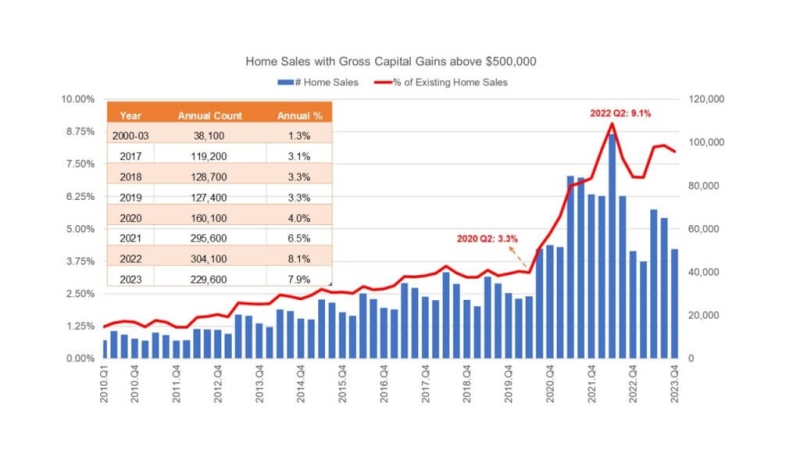Advertisement
Department of Justice Charges GFI Mortgage Bankers With Lending Discrimination

The U.S. Department of Justice (DOJ) and the U.S. Attorney’s Office for the Southern District of New York filed a lawsuit alleging that GFI Mortgage Bankers Inc., a mortgage banker with operations in seven states, violated federal fair lending laws by charging African-American and Hispanic borrowers higher interest rates and fees on home mortgage loans because of their race or national origin, not based on their creditworthiness.
The complaint, filed in the Southern District of New York under the federal Fair Housing Act and Equal Credit Opportunity Act (ECOA), alleges that GFI engaged in a pattern or practice of discrimination on the basis of race and national origin by charging African-American and Hispanic borrowers higher interest rates and fees on home mortgage loans compared to similarly-situated White borrowers. The DOJ and the U.S. Attorney’s Office for the Southern District of New York investigated and filed the lawsuit jointly.
“Charging people more for home loans simply because of their race or national origin—as we have alleged in our complaint against GFI—is illegal. The Justice Department will act aggressively to ensure that all people have equal access to credit and a level playing field ,” said Thomas E. Perez, Assistant Attorney General for the Civil Rights Division. “For that reason, vigorous enforcement of fair lending laws remains a top priority.”
The complaint alleges that, from 2005 through at least 2009, GFI charged higher loan prices to African-American and Hispanic borrowers than it charged to similarly-situated White borrowers by charging higher interest rates and fees for home mortgage loans. For example, an African-American borrower who took out a home mortgage loan in 2007 paid on average approximately $7,500 more over the first four years of the loan than a similarly-situated White borrower. For a Hispanic borrower, the difference was approximately $5,600 more over the first four years of the loan than a similarly-situated white borrower. The disparities, based on race or national origin, are statistically significant, and are unrelated to credit risk or loan characteristic.
During the period when the discrimination occurred, GFI had a policy or practice of allowing and encouraging its loan officers in New York and New Jersey to promote loan products, price loans and charge fees in a manner that was unrelated to credit risk or loan characteristics. GFI knew that its loan officers priced loans in ways unrelated to a borrower’s creditworthiness, resulting in thousands of dollars in overcharges for African-American and Hispanic borrowers based on their race or national origin. By providing its loan officers a substantial percentage of the profits generated on each loan, GFI’s compensation scheme provided strong financial incentives to loan officers to price their loan products in a discriminatory manner. Moreover, GFI failed to supervise, train, or adequately monitor its loan officers to ensure that they were pricing loans in a non-discriminatory manner.
“As the lawsuit we filed today alleges, discrimination still exists in certain quarters and it has profound consequences for the victims," said U.S. Attorney for the Southern District of New York Preet Bharara. "At a time when so many American homeowners of all races and nationalities are struggling to make their mortgage payments, it is unacceptable that, as we allege, the impact of GFI Mortgage’s business practices resulted in its African-American and Hispanic customers paying higher fees and interest rates for their residential mortgages. As today’s suit demonstrates, this type of discriminatory action will not be tolerated. We will continue to work to ensure that fair lending laws are enforced throughout the district.”
During the period when the discrimination occurred, the number of home mortgage loans issued by GFI increased from 974 in 2005 to 2,270 in 2009. At the same time, GFI’s revenue from its home mortgage loan services increased from $305 million in 2005 to $768 million in 2009.
About the author





